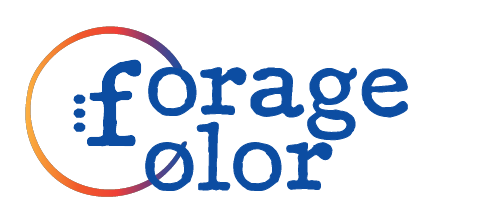upcoming workshops

Natural dyeing is an ancient craft that has seen a resurgence in recent years, driven by a growing interest in sustainable practices and the desire for vibrant, eco-friendly colorants. Workshops focusing on natural dyes provide an invaluable opportunity for artisans and crafters to deepen their understanding of this art form while gaining hands-on experience.
These workshops typically cover a range of topics, including the history of natural dyeing, the properties of various dye materials, and the techniques necessary for successful dye application. Participants can expect to learn about the chemical interactions between fibers and dyes, which can significantly influence the final color outcome. For instance, the use of mordants can alter the hue and lightfastness of the dye, making it a critical aspect of the dyeing process.
One of the highlights of these workshops is the exploration of specific natural dye sources. For example, Cochineal, derived from the cochineal insect, is renowned for producing rich crimson hues. This dye has been used for centuries and is valued for its vibrant color and excellent lightfastness. In contrast, Saxon Blue Indigo offers a unique opportunity to achieve deep teal shades without the complexity of traditional vat dyeing methods. Understanding the properties of these materials allows participants to make informed choices in their dyeing projects.
Workshops often include practical sessions where participants can experiment with different dyeing techniques. This hands-on approach not only enhances learning but also fosters creativity, enabling artisans to develop their unique styles. Participants may engage in activities such as bundle dyeing, immersion dyeing, and shibori techniques, which can yield stunning results on various textiles.
Moreover, these workshops emphasize the importance of sustainability in the dyeing process. By using natural materials, artisans can reduce their environmental impact compared to synthetic dyes, which often contain harmful chemicals. The workshops may also cover topics such as sourcing local dye plants and the benefits of using organic materials, aligning with the growing trend towards eco-conscious crafting.
In conclusion, upcoming workshops on natural dyes present a valuable opportunity for individuals interested in enhancing their skills and knowledge in this field. By combining historical techniques with modern applications, participants can create textiles and artworks that not only showcase vibrant colors but also reflect a commitment to sustainable practices. Engaging in these workshops can significantly enrich one’s understanding of natural dyeing and its potential in contemporary crafting.

